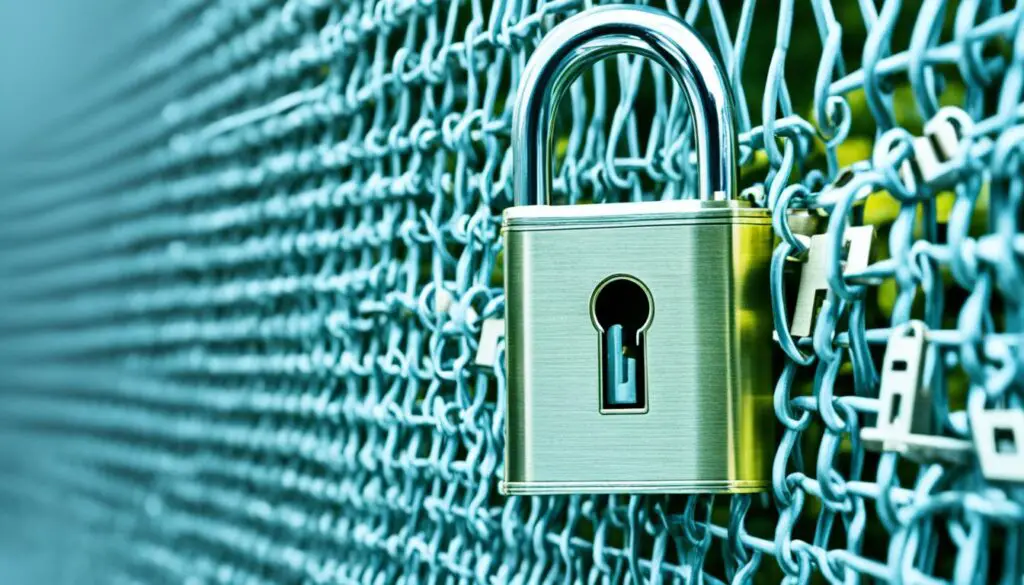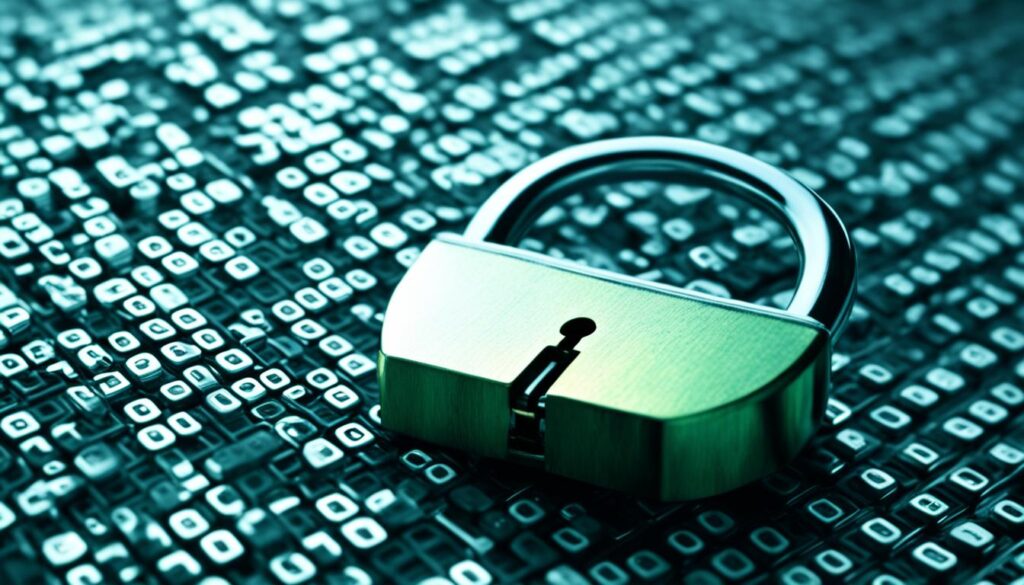
In today’s digital age, protecting sensitive legal information is paramount. With cyber threats on the rise and legal regulations becoming increasingly stringent, it is vital for organizations to implement robust information security measures. This article explores the importance of legal information security, the implementation of effective cybersecurity measures, and ensuring compliance with legal regulations.
Key Takeaways:
- Legal information security is crucial in safeguarding sensitive data.
- Implementing cybersecurity measures, such as regular training and data encryption, is essential.
- Compliance with legal regulations, like GDPR and CCPA, is necessary to avoid penalties.
- Data breach notification processes and privacy impact assessments are vital for compliance.
- Regularly reviewing and updating security policies helps maintain legal compliance.
Implementing Effective Information Security Measures
To enhance legal information security, organizations should implement a range of effective measures. This includes conducting regular cybersecurity training for employees to create awareness about potential threats and best practices for data protection.
Encrypting sensitive data is crucial to prevent unauthorized access. Implementing strong encryption protocols can significantly reduce the risk of data breaches.
Organizations should conduct regular security audits and vulnerability assessments to identify and address any weaknesses in their information security infrastructure.
Implementing access controls, such as multi-factor authentication and role-based access, can help ensure that only authorized personnel have access to sensitive information.
Regularly updating and patching software and systems is vital to protect against known vulnerabilities and emerging threats.
Developing incident response plans and conducting drills can help organizations effectively respond to and mitigate potential security incidents.
Ensuring Compliance with Legal Regulations
Compliance with legal regulations is an essential component of maintaining robust and secure information systems. Organizations have a responsibility to adhere to data privacy laws and regulations, such as the General Data Protection Regulation (GDPR) in the European Union and the California Consumer Privacy Act (CCPA) in the United States.
One crucial aspect of compliance is implementing data breach notification processes. Organizations must have efficient and well-defined procedures in place to promptly notify individuals and regulatory authorities in the event of a data breach. This ensures transparency and allows affected individuals to take necessary actions to protect their personal information.
Conducting regular privacy impact assessments is another vital step in ensuring compliance. By evaluating their information processing activities, organizations can identify and address any privacy risks that may arise. This proactive approach not only protects individuals’ data but also demonstrates an organization’s commitment to meeting legal requirements.
Furthermore, organizations should establish clear data retention and disposal policies. It is crucial to retain data only for the necessary period and dispose of it securely to minimize potential risks. By implementing such policies, organizations can ensure that they handle data responsibly and comply with legal obligations.
Finally, implementing a secure backup and disaster recovery plan is essential for maintaining the availability and integrity of critical information. In the event of a security incident or natural disaster, having a well-designed plan in place ensures swift recovery and minimizes potential disruptions to operations.
To maintain compliance, it is essential for organizations to regularly review and update their security policies and procedures in line with evolving legal and regulatory requirements. By staying abreast of changes and taking proactive measures, organizations can navigate the complex landscape of legal regulations and enhance their overall information security posture.
FAQ
What is legal information security?
Legal information security refers to the measures and practices implemented by organizations to protect sensitive and confidential information from unauthorized access, use, disclosure, alteration, or destruction, while also ensuring compliance with relevant legal regulations and requirements.
Why is legal information security important?
Legal information security is crucial to safeguarding sensitive data and maintaining the privacy and integrity of information. It helps organizations protect themselves and their stakeholders from potential cyber threats, data breaches, and legal liabilities.
What are some effective information security measures?
Some effective information security measures include conducting regular cybersecurity training for employees, implementing strong encryption protocols, conducting security audits and vulnerability assessments, implementing access controls, regularly updating and patching software systems, developing incident response plans, and complying with data privacy laws and regulations.
How can encryption help with information security?
Encryption is the process of converting data into a form that can only be accessed or read by authorized parties. By encrypting sensitive data, organizations can significantly reduce the risk of unauthorized access and protect the confidentiality and integrity of their information.
What is the importance of compliance with legal regulations in information security?
Compliance with legal regulations is essential in information security to ensure that organizations adhere to data privacy laws and regulations, such as the General Data Protection Regulation (GDPR) in the European Union and the California Consumer Privacy Act (CCPA) in the United States. Compliance helps organizations avoid legal penalties and reputational damage.
How can organizations ensure compliance with data privacy laws?
Organizations can ensure compliance with data privacy laws by establishing data breach notification processes, conducting privacy impact assessments, implementing data retention and disposal policies, and regularly reviewing and updating security policies and procedures to align with evolving legal and regulatory requirements.









